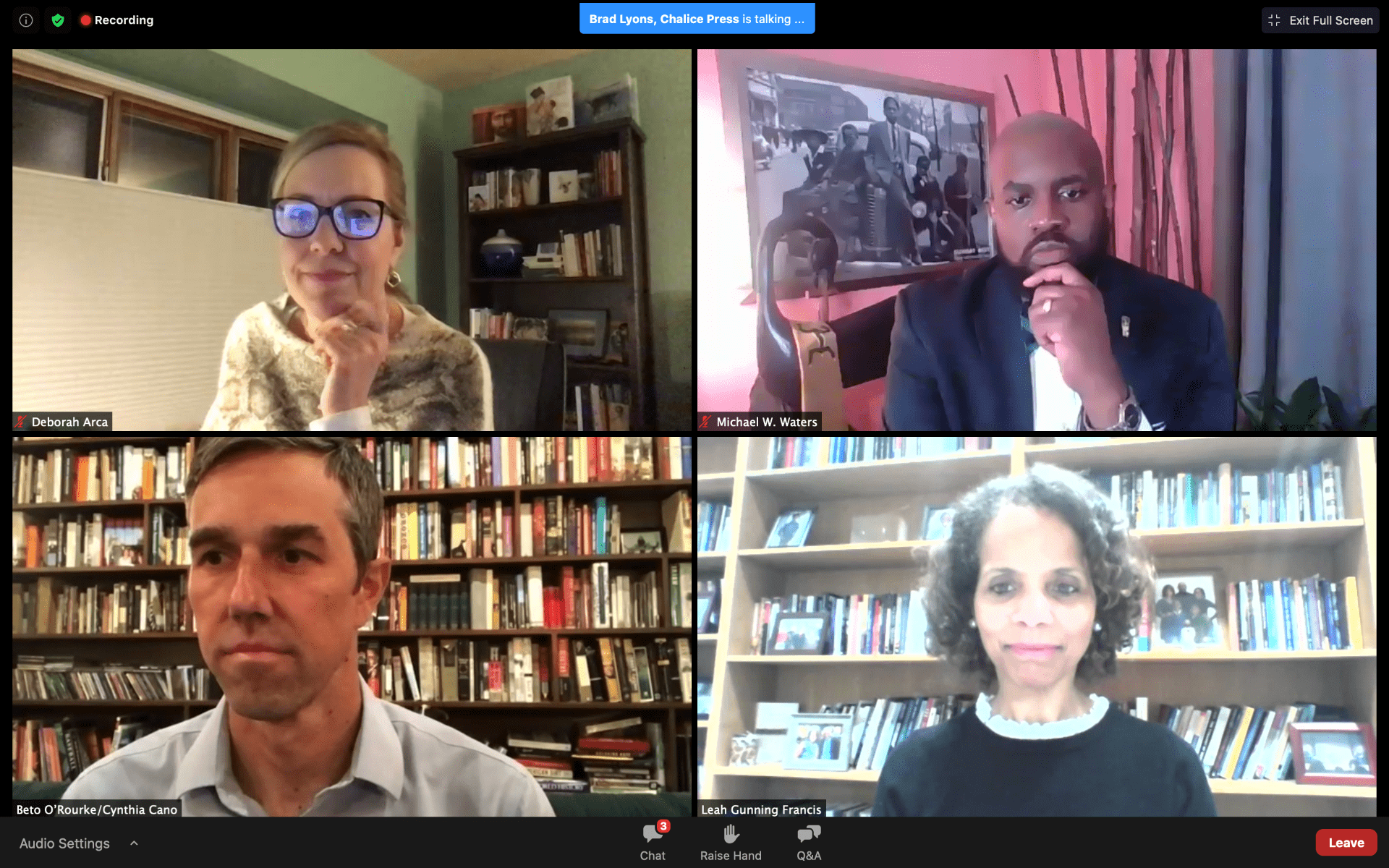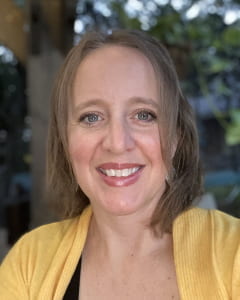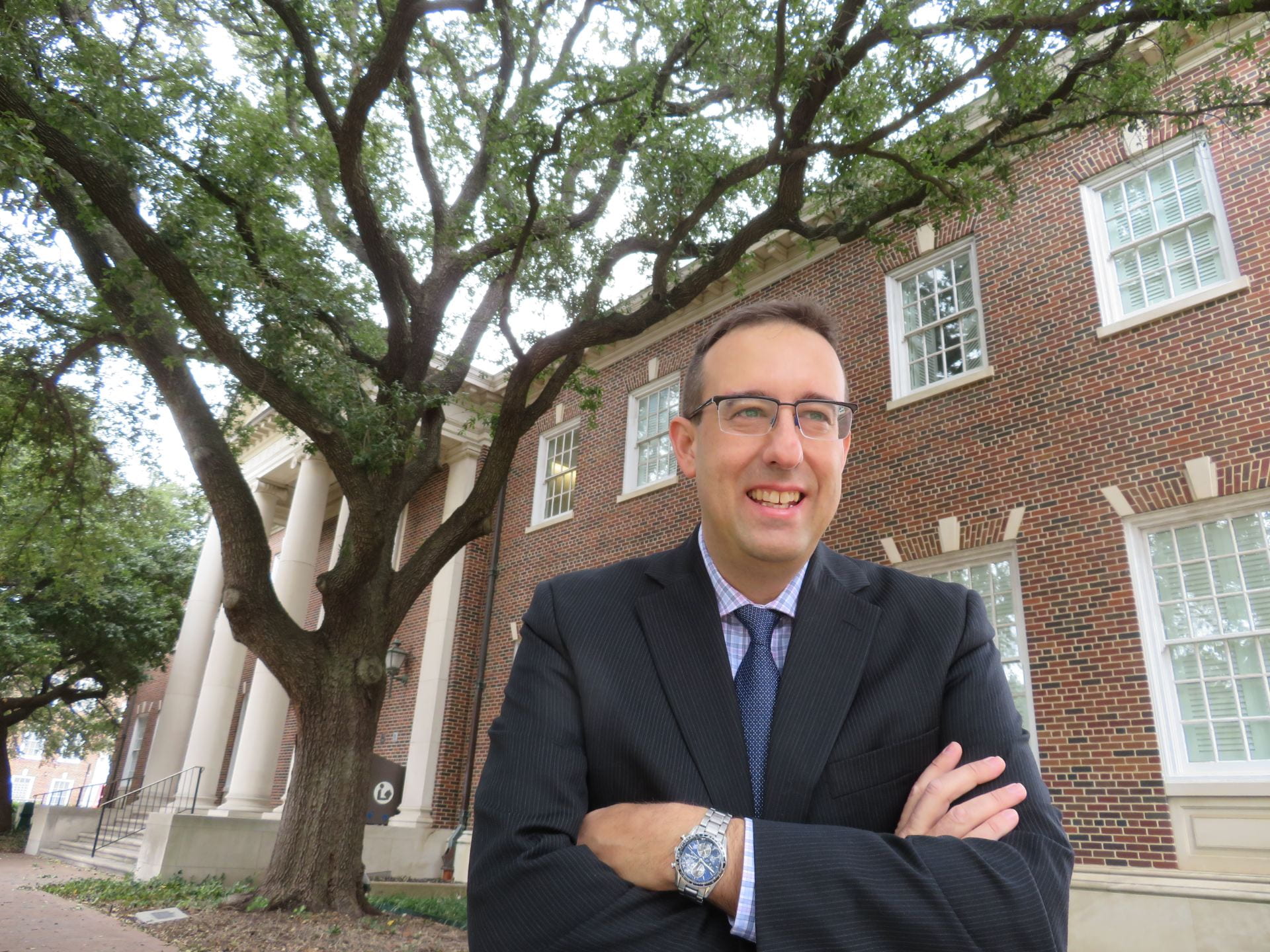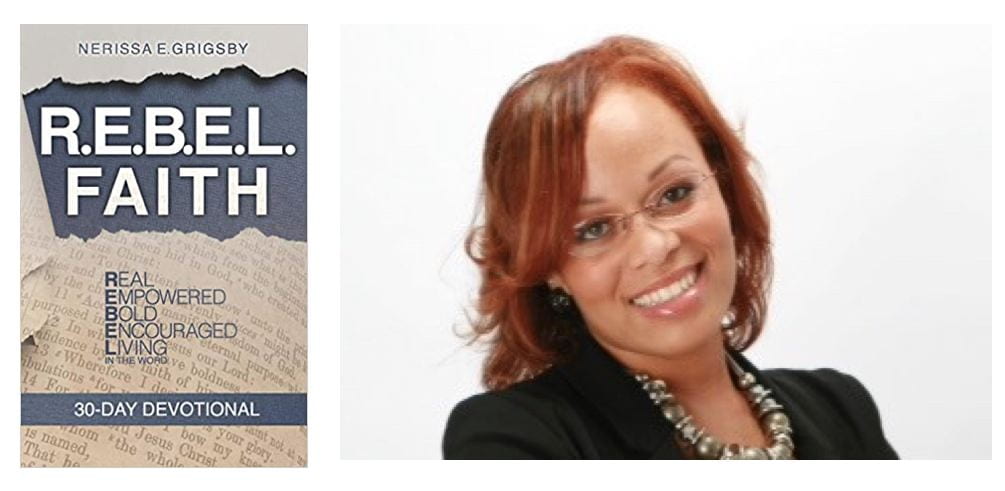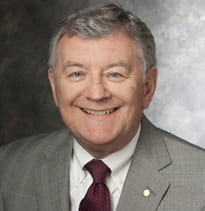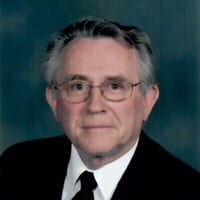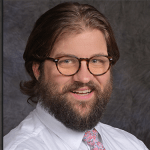Four hundred years ago, there was something in the water.
It was us.
Kidnapped from the mother continent…
There was something in the water that caused the lynching of black and brown bodies…
Peer into the water.
Do you see it?
Looks like mass incarceration.
Looks like children in cages.
Peer into the water.
Do you see it?
Looks toxic water in Flynt.
Looks like nine black bodies bombarded by bullets in a Bible study.
There’s something in the water.
These stirring words of lament, written by the Rev. Dr. Michael W. Waters, opened a January 12 virtual conversation on racial justice.
Co-sponsored by Perkins School of Theology, the online event featuring Waters and former congressman Beto O’Rourke marked the launch of Waters’ new book, Something in the Water: A 21st Century Odyssey (Chalice Press). Leah Gunning Francis, Vice President for Academic Affairs and Dean of the Faculty at Christian Theological Seminary, moderated.
Waters is a civil rights leader, pastor and an alumnus of Perkins, where he earned a Doctor of Ministry in 2012 and Master of Divinity in 2006. He is founding pastor of Abundant Life African Methodist Episcopal (A.M.E.) Church in Dallas, Texas. O’Rourke, who wrote the forward to Waters’ new book, represented Texas’s 16th congressional district in the United States House of Representatives from 2013 to 2019.
“As I journeyed over the last year, I was struck by the multiplicity of brutalities and horrors that had been visited upon these shores and that continue to be visited every day,” Waters said. “If we tried to quantify the numbers of lives crushed due to the realities of white supremacy … even mentioning those names, it pales in comparison to the number individuals who’ve actually suffered. Unfortunately, we don’t know many of the names of our ancestors who were enslaved. The women and men sexually assaulted over generations.
“It demands something of us. It demands a righteous and active response. We are called to bring about justice.”
O’Rourke expressed gratitude for Waters’ words, adding that he wanted his children to hear them, and for the call to action in Waters’ “profoundly powerful” book.
“There is this comfort that many of us have taken in this idea that progress is inexorable and inevitable and will happen of its own accord – as if there’s no participation required of us to bring it about,” O’Rourke added. “As Waters points out in his book, people unwittingly twist MLK’s words when they say ‘the arc of the moral universe bends toward justice’ as if we can just sit back and wait for it to happen. No. It requires action of all of us.”
O’Rourke reflected on the events of January 6, when protesters stormed the Capitol in Washington, D.C., as a sign of the lingering hold of white supremacy.
“When current commentators say, ‘This is not America,’ let’s be honest with one another and admit, that this is America,” he said. “There’s some agency in admitting the truth and our responsibility to change America for the better for everyone. Reading this book, I left with more energy that I started with. ‘Action’ is the word I take from this.”
Waters noted that inequality and oppression were built into the design of Dallas, with redlining and terror campaigns that kept Black citizens poor and separate, in the southern part of the city. In the early 20th century, one out of three men in Dallas was a member of the KKK.
“It is a history not known by many persons within the city,” he said. “In 2018, the Urban Institute said Dallas was the most racially inequitable, most racially segregated city in America. The dividing line is I-30. If you live below I-30, you see the disparity there.”
Waters says that the disparities are evident in the obvious differences between the northern and southern sectors of the city.
“Dallas is a microcosm of America,” he said. “As challenging as you think things are in America, it’s much worse, when you look at the impact of white supremacy.”
O’Rourke noted that the U.S. has suffered more than 20 percent of the deaths in the world during the pandemic, and that a disproportionate portion of the more than 433,000 who’ve died were Black, Native American and Hispanic.
“El Paso is the hardest hit city in the U.S.,” he said. In a city that is 85 percent Mexican American, “We have so many people dying … that we had to call in the National Guard to move dead bodies. I would prioritize those communities hit hardest to get the help they need. It’s literally a life and death issue.”
Still, he added, it’s important not to despair.
“The antidote to despair is action,” O’Rourke said. “We must move, we must act, we must meet this moment.”
Waters closed the event with prayer: “Dear God, teach me to pray with my feet. That I might become a drum major for justice, till the walls come tumbling down.”
In addition to Perkins, co-sponsors of the event included the Interdenominational Theological Center; Dallas Black Clergy; Lone Star Justice Alliance; Faith Commons; DC Corrections; Abundant Life A.M.E.; and The Christian Recorder.
Read more about Waters and his book at https://chalicepress.com/pages/waters-michael-w
